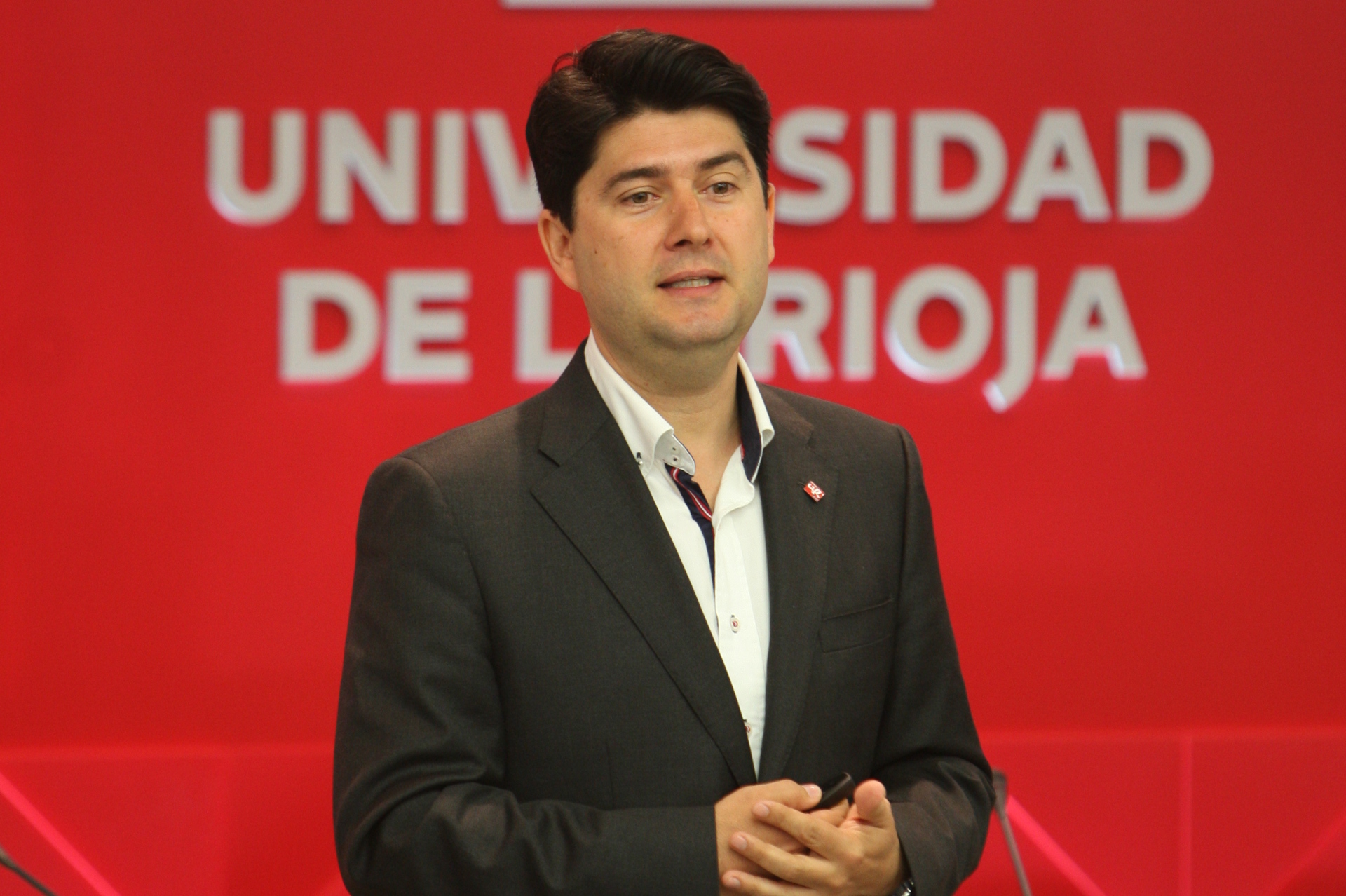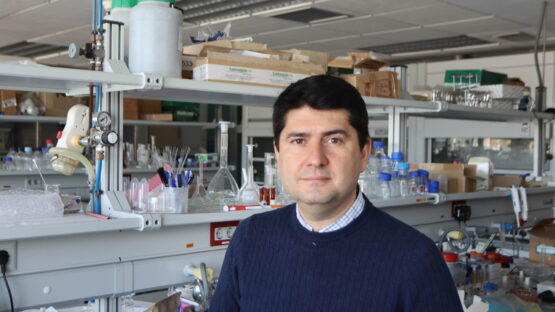
Javier García Martínez, president-elect of International Union of Pure and Applied Chemistry (IUPAC)on Friday 29 January at 11 a.m., will give the conference How chemistry helps us fight disease. It can be followed live on the Youtube channel of the University of La Rioja. Organised by the Centro de Investigación en Síntesis Química (CISQ), Pedro J. Campos, Professor of Organic Chemistry and Director of the CISQ, will present the conference. The video of the presentation by Javier García himself is available at here.

He is also a professor at the Rafael el Pino Foundation and president of the Young Academy of SpainJavier García, considers that "science gives us tools to face diseases, but also other major challenges, such as climate change, the fight against inequality or other Sustainable Development Goals", he points out.
In his talk, the professor of inorganic and organic chemistry and of the Molecular Nanotechnology Laboratory of the University of Alicante will take a historical look at the contributions of chemistry to the health and well-being of humankind. Disinfectants, antiseptics, antibiotics and vaccines represent fundamental advances in the fight against disease. A decisive role and an unprecedented leap for life, unthinkable 200 years ago, "when we didn't even know that many diseases were caused by germs".
Covid and chemistry
The latest episode in this fertile contribution of science, and more specifically chemistry, to public health is taking place today. The impact of Covid on people's health is being combated and reversed thanks to chemistry-based resources such as corticosteroids, antibiotics and vaccines.
"The ability to have a vaccine in record time and the safety of its application show that science and chemistry are the main bulwark against a pandemic," says Javier García Martínez.
Javier García illustrates the revolution in life brought about by the widespread use of vaccines and other advances resulting from chemistry, such as water purification, by means of a fact. Just 100 years ago, life expectancy at birth for Spaniards was less than 40 years old, whereas today it is around 80.
"Ultimately, my message is to invite people, especially young people, to see science as an ally and as a source of possibilities," explains the IUPAC president-elect.
IUPAC is the body responsible for recognising and naming new chemical elements, defining chemical measurements, names, methods and the periodic table.


